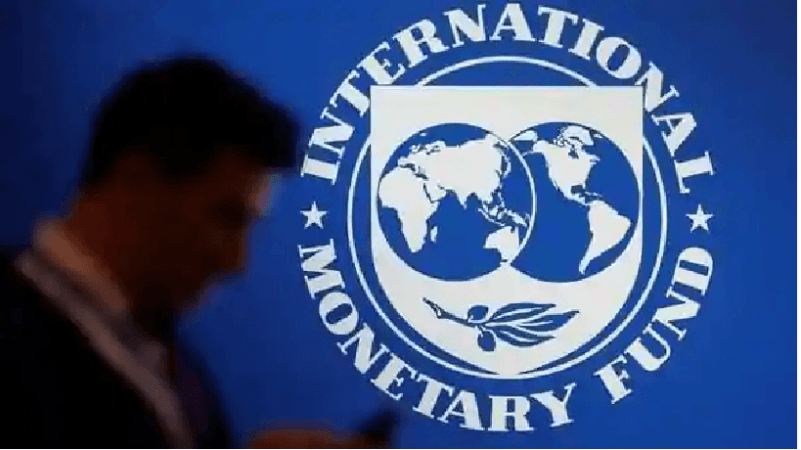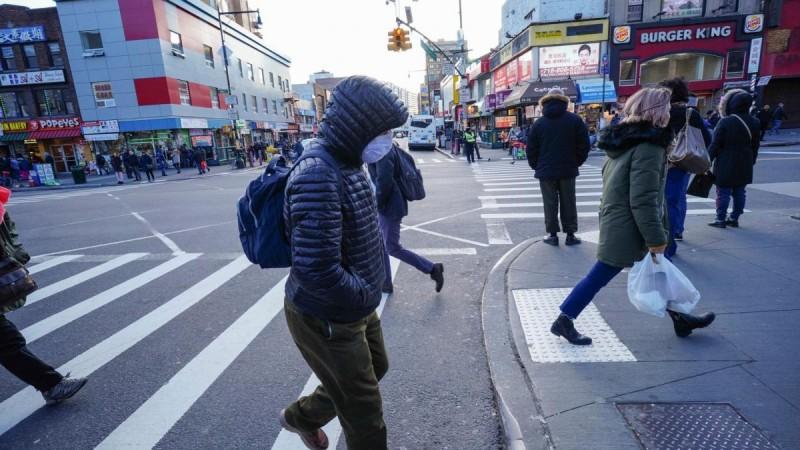The International Monetary Fund (IMF) Executive Board has approved immediate debt service relief for 25 member countries as part of its response to help address the impact of the COVID-19 pandemic.
"This provides grants to our poorest and most vulnerable members to cover their IMF debt obligations for an initial phase over the next six months and will help them channel more of their scarce financial resources towards vital emergency medical and other relief efforts," Kristalina Georgieva, managing director of the IMF, said on Monday in a statement, reported Xinhua news agency.

IMF and Catastrophe Containment and Relief Trust
The countries that will receive debt service relief include Afghanistan, Benin, Burkina Faso, Central African Republic and others, according to the IMF.
The IMF's revamped Catastrophe Containment and Relief Trust (CCRT) enables the IMF to deliver grants for debt relief benefitting eligible low-income countries in the wake of catastrophic natural disasters and major, fast-spreading public health emergencies.
The CCRT can currently provide about 500 million U.S. dollars in grant-based debt service relief, according to Georgieva. "I urge other donors to help us replenish the Trust's resources and boost further our ability to provide additional debt service relief for a full two years to our poorest member countries," she said.

Global growth turns 'sharply negative'
In a speech delivered last week, the IMF chief said it is already clear that global growth will turn "sharply negative" in 2020. "In fact, we anticipate the worst economic fallout since the Great Depression," she noted.
Georgieva said just three months ago that the IMF expected positive per capita income growth in over 160 of its member countries in 2020, but it now projects that over 170 countries will experience negative per capita income growth this year.

"The bleak outlook applies to advanced and developing economies alike. This crisis knows no boundaries. Everybody hurts," she said, adding the crisis is expected to hit vulnerable countries hardest.














